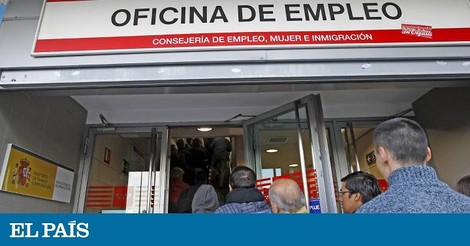Your podcast discovery platform
Curious minds select the most fascinating podcasts from around the world. Discover hand-piqd audio recommendations on your favorite topics.

piqer for: Climate and Environment Global finds Globalization and politics
I'm a freelance journalist, currently based in Madrid. I used to be a News Producer at CNBC in London before, but I thought a little bit more sun might do me good. Now I write for several news organizations, covering a range of topics, from Spanish politics and human rights for Deutsche Welle to climate change for La Marea.
How Economic Growth Doesn't Always Mean A Better Economy: The Spanish Case
A couple of years ago, I was working at CNBC's News Desk in London. Most of us were journalists with a basic-to-average knowledge of finance, so we used to have training sessions and master classes with external experts (often our regular guests).
Once, we were sitting in a board room with one of the leading Foreign Exchange researchers at UBS. He was going over how the market works, and most of us were rather lost. Then someone asked a question: "What news is most important for you to do your work?" The interest rate announcements from the ECB, the Bank of England and the Fed, the expert replied.
He went on to talk about how these are the organisms that really make a difference in countries' policies and that are, somehow, responsible for mostly everything: "For example, life for people in Spain has improved so much in these last few years not because of internal regulations, but because of ECB's Quantitative Easing policies". I was struck. Surely this guy (who I admire as a researcher) hasn't been to Spain.
But for him, as for many, Spain is a country in recovery. It grows at the fastest pace in the Eurozone and it has stayed out of recession for years now. Money is being created and unemployment rates are going down, so surely that means an improvement in people's lives. Right?
Wrong.
As this article reflects, it's not only if you grow, but also how you do it. Austerity measures may help reduce deficit, bringing up the macro numbers in the short term, but that doesn't result in an increase in quality of life. In this case, as pointed out by the European Union, it's quite the opposite.
